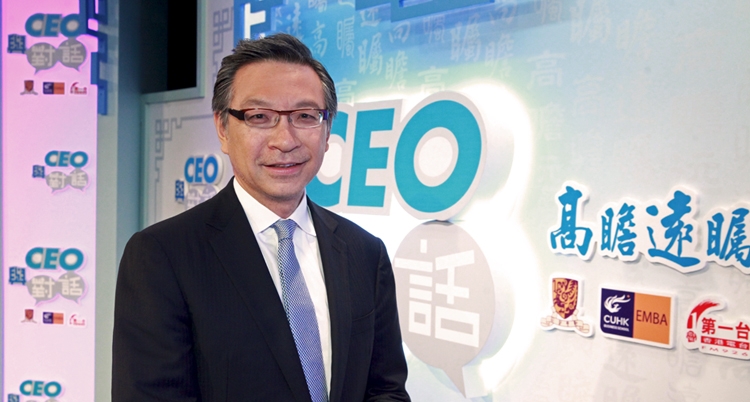With the future of the VIP gambling market in Macau remaining uncertain, casino operator Galaxy Entertainment Group Limited has reportedly revealed that it is targeting “millennial” players in order to secure the long-term future of its business.
According to a Tuesday report from the South China Morning Post newspaper, the disclosure was made by Francis Lui Yiu-Tung, Deputy Chairman for the Hong Kong-based casino operator, during an interview on the sidelines of the ongoing Global Gaming Expo (G2E) Asia trade show.
“The “millennials” are catching up [and] they are young customers that embrace technology and think differently,” 61-year-old Lui told the newspaper. “Those are the things we try to understand more to ensure that Macau will be competitive in the longer term.”
Hong Kong-listed Galaxy Entertainment Group Limited is only one of six concessionaires to hold a casino license from authorities in the former Portuguese enclave and is responsible for the Cotai Strip’s Galaxy Macau and Broadway Casino venues along with the StarWorld Macau property on the Macau peninsula.
After undergoing 26 months of declines in terms of aggregated gross gaming revenues, the Macau casino market recently chalked up a ninth consecutive monthly increase although Lui, despite reportedly calling the recent performance of the market “strong” and “encouraging”, stated that it was still too early to tell whether this momentum was sustainable.
“The recovery over the last couple of months might have to do with the currency or liquidity situation in China,” Lui, who is the sixth richest man in Hong Kong with an estimated personal fortune in excess of $9 billion, told the South China Morning Post.
Although the newspaper reported that VIP gamblers enjoying card games such as baccarat were behind Macau’s elevation to its current position as the world’s gambling capital, Lui explained that the city’s casinos should be targeting “millennials”, which constitutes those born between the early-1980s and late-1990s, in order to stay “ahead of the game”.
“We know that these “millennials” like gadgets and technology,” Lui told the South China Morning Post. “It might have to be a different type of game.”



